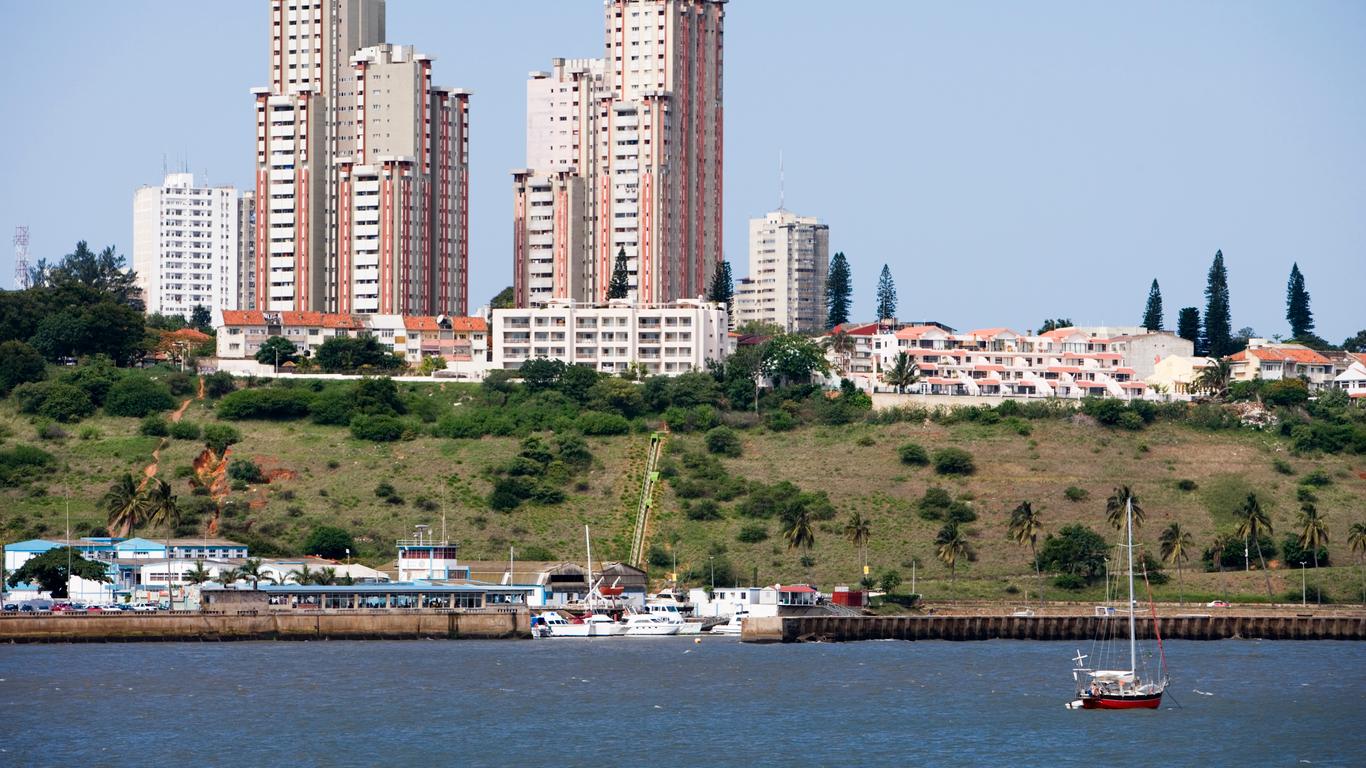
WEIGHT: 62 kg
Bust: Medium
1 HOUR:30$
Overnight: +60$
Sex services: Spanking (giving), Gangbang / Orgy, Gangbang / Orgy, Foot Worship, Hand Relief
To browse Academia. This research explores the dynamics of the emergent middle class in Maputo, specifically focusing on how this urban segment influences land use and housing strategies amid urbanization challenges. By examining empirical data and narratives from four distinct areas, the study assesses the potential of this class to reshape urban policies and governance through informal practices and adaptations to housing shortages.
It critiques common perceptions about the middle class and highlights the importance of understanding their interactions with local authorities. Maputo - the Mozambican capital - has expanded itself vertiginously in the midst of the late independence process Its population has been multiplied about twelve times during the decades from to , reaching more than 1. The political, commercial, and financial center of the country, the urban fabric of the capital is the stage for complex processes of economic growth and spatial segregation triggered in recent decades.

The central region, known locally as the "cement city", concentrates on modern and widely diversified infrastructures. Squares and parks, luxury condos surrounded by modern offices, international standard hotels, shopping, and a set of pharaonic constructions - built at a cost of billions - set the landscape tone of progress induced and concentrated in favor of a small elite. These, however, are located in very precarious housing, produced informally by the residents themselves, and subjected to the complete absence of infrastructure and public services.
In this way, the present article - elaborated from fieldwork, interdisciplinary discussions and dialogues undertaken within the scope of an international scientific project between universities in Brazil and Mozambique - seeks to present and interpret the set of urban connections that make Maputo a fragmented and complex city, full of continuous socio-territorial transformations in which multiple clashes emerge linked to segregation, gentrification, real estate speculation, among others.

The article which will be now presented constitutes a critical diagnosis on the appropriation of public spaces in Maputo, since the declaration of Independence of Mozambique. The explanation of a diagnosis on the evolutional process inherent to the altering of the social spectrum of the community in Maputo, one has to make reference to the colonial period, given the fact that the city we now find Maputo has been once planned by white Portuguese people, organized for the white and occupied by the white.



































